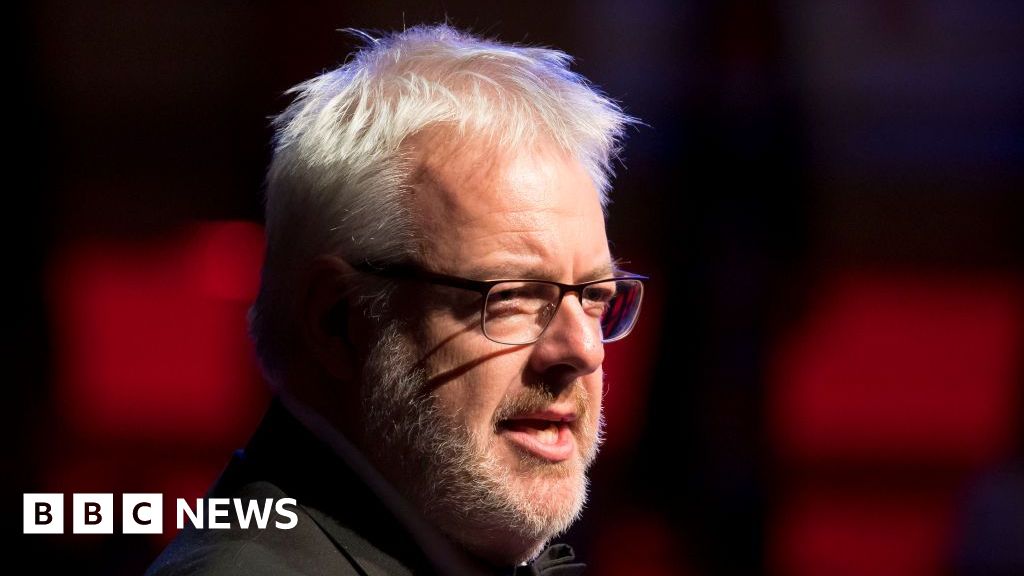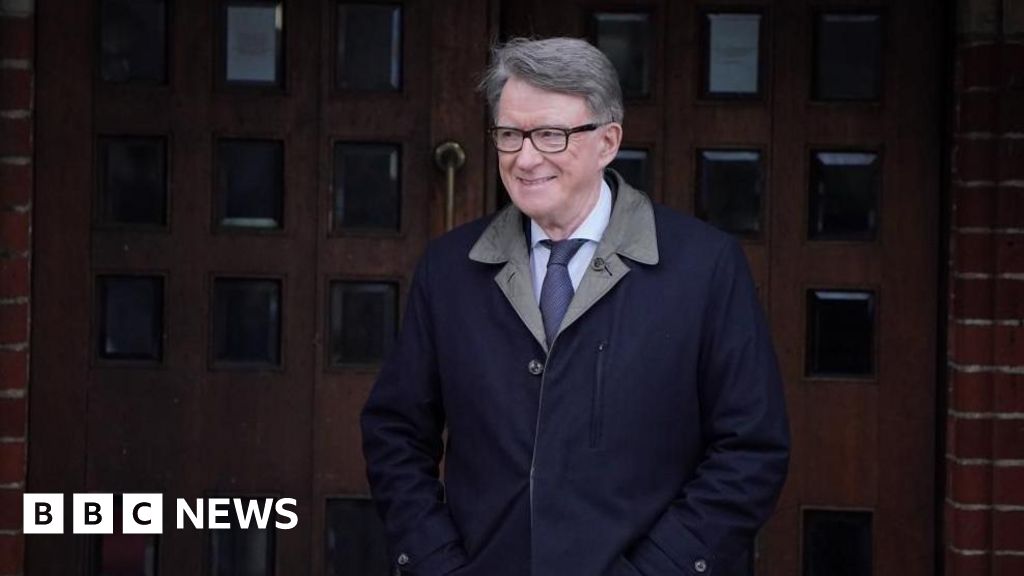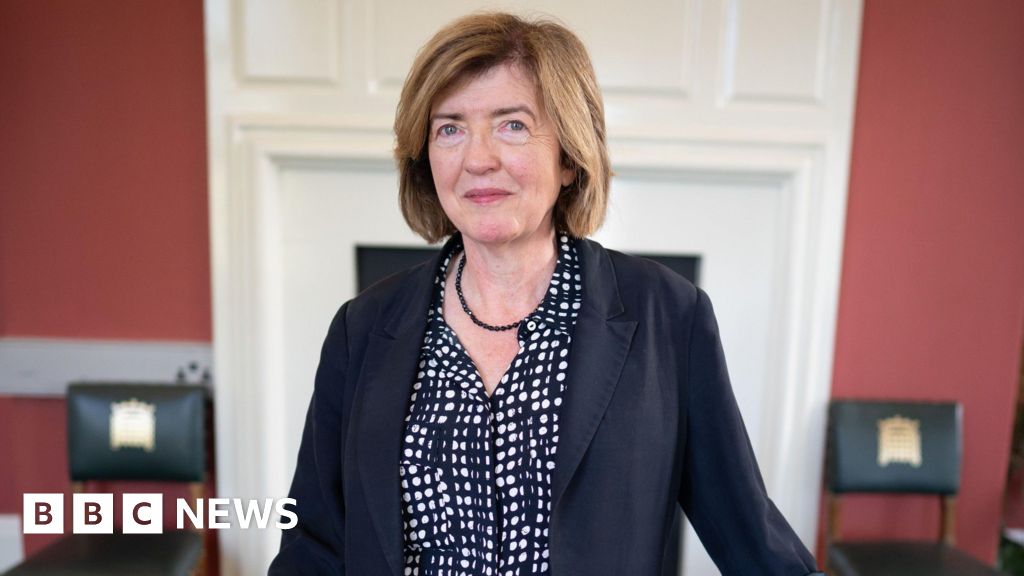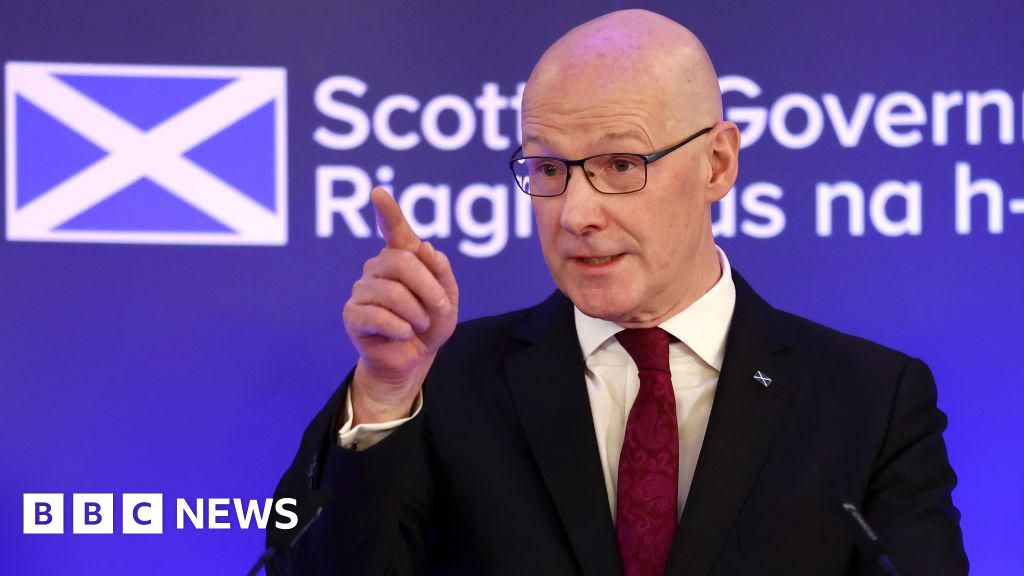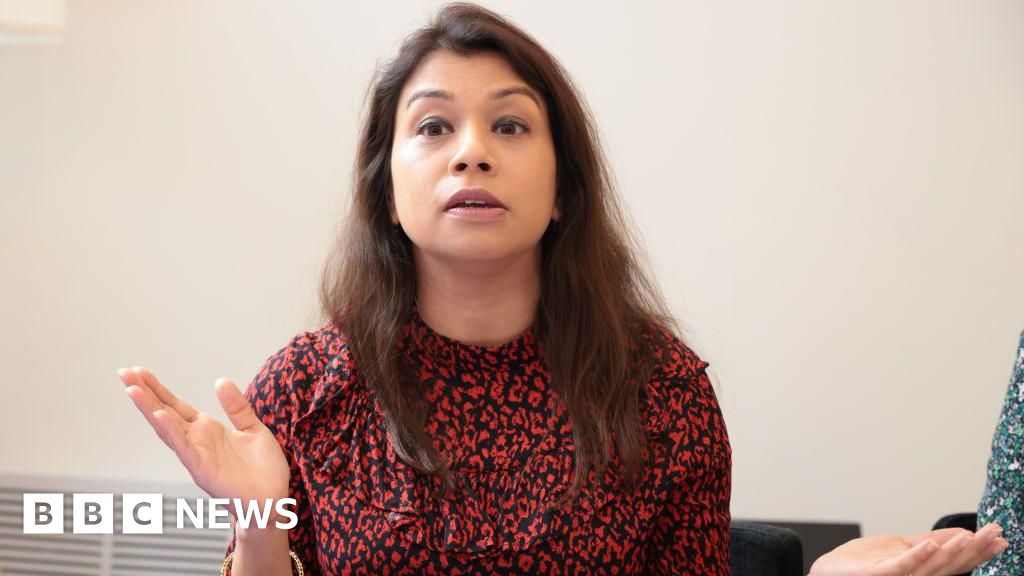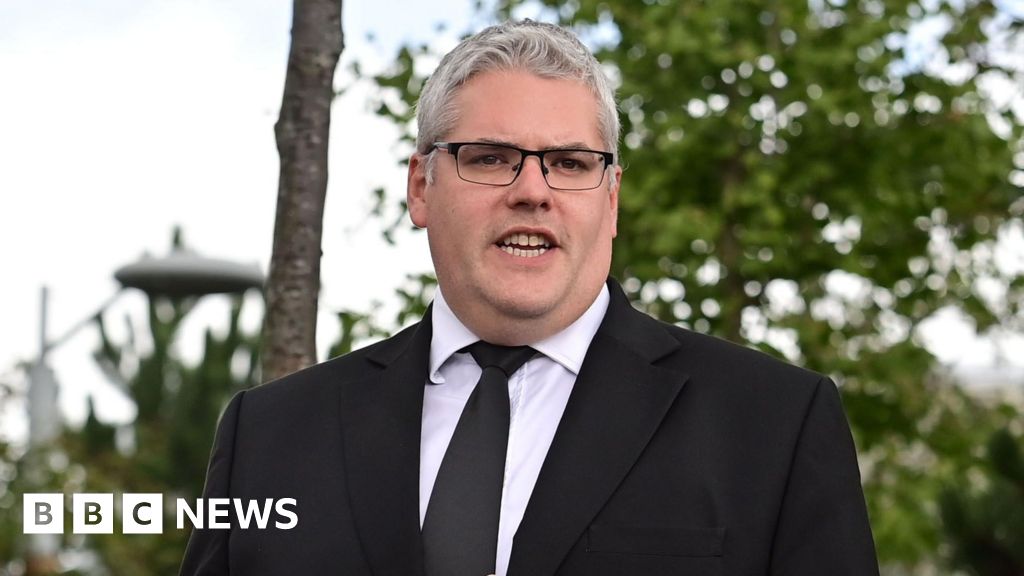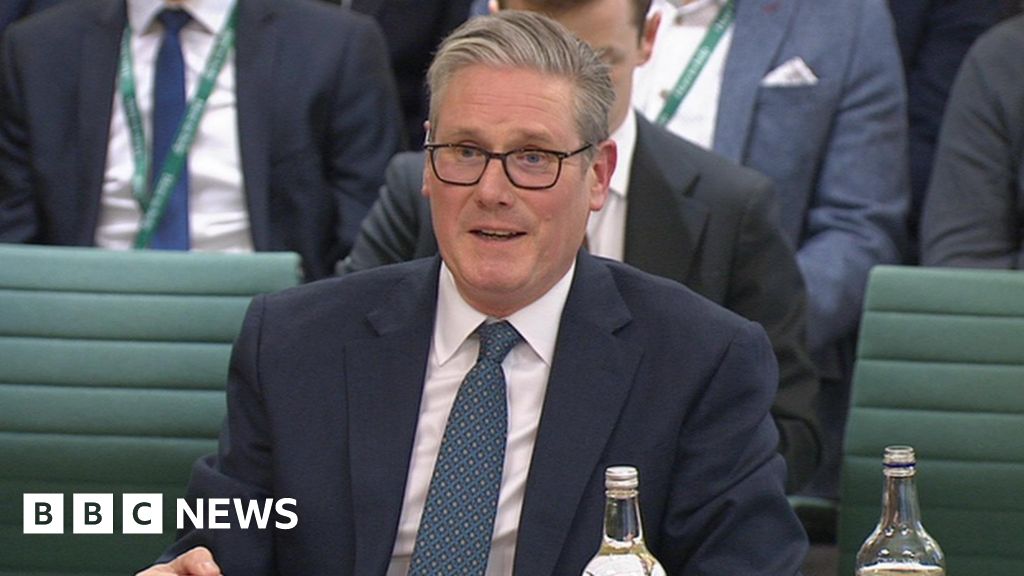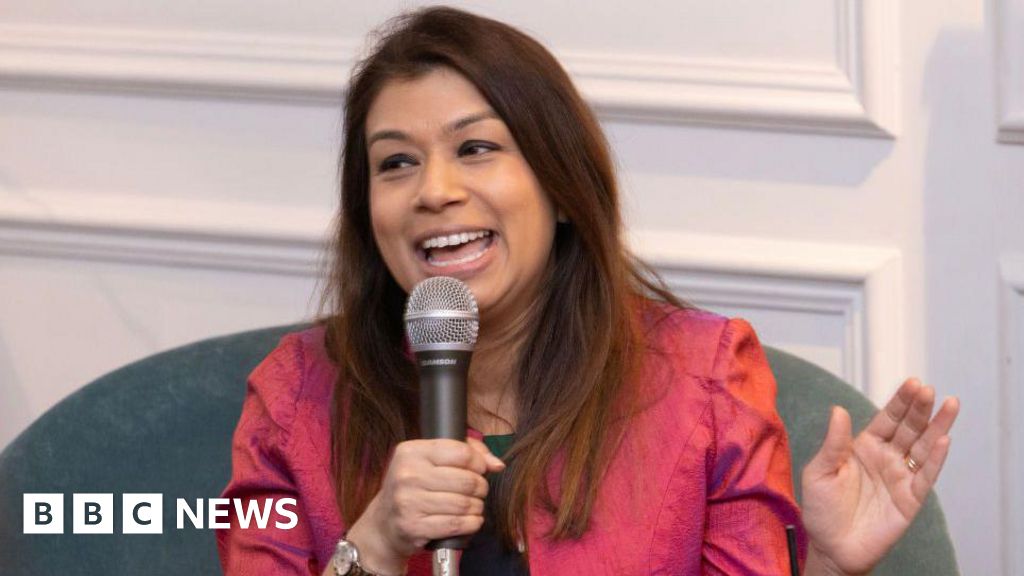Court delays experienced by victims and defendants are unacceptable, the man leading the government's review into the backlog of criminal cases has said.
Sir Brian Leveson, a retired High Court judge, told BBC Radio 4's Today programme "radical" steps would need to be taken to tackle the "crisis" which has seen cases added to the criminal justice system "faster than they can be removed."
Figures released by the Ministry of Justice (MoJ) show 73,105 trials were unheard at the end of September, almost double the number in 2019.
Sir Brian's report, due next year, will consider the creation of intermediate courts, where cases could be heard by a judge flanked by magistrates, to reduce the backlog.
Speaking for the first time since the announcement of the review, Sir Brian said the number of prosecutions waiting to be dealt with was "unsustainable" - with listings now running into 2027.
"This isn't so much a challenge," he told the BBC, "it's a crisis in the criminal justice system which has to be addressed".
Adding: "It isn't acceptable for victims, it isn't acceptable for witnesses who have to - bear in mind - remember what had happened and be able to deal with it so many years later, it isn't acceptable for defendants who have allegations hanging over their heads for years and years."
Figures published by the MoJ on Thursday showed the backlog in Crown Courts at the end of September was up 10% in a year.
Asked whether the number of cases being dealt with in the courts needed to be considered, Sir Brian said: "I think that's a good question, and one of the issues that will have to be considered.
"The extent to which we can divert people from the criminal justice system is a live one and that's one of the areas I will be looking at," he said, adding intermediate courts currently do not exist, "so you're either in the magistrates' court or you're in a Crown Court."
One suggestion is that the jury could be replaced in many middle-ranking cases by a single district judge and two community magistrates.
Sir Brian would consider whether magistrates should have a broader remit to deal with more cases, potentially including increasing their sentencing powers.
On Thursday, Justice Secretary, Shabana Mahmood described the backlog as "unprecedented".
"We owe it to victims to find bold, innovative approaches that will speed up justice," she said, adding criminals should know "they will quickly face the consequence of their actions."
The review was also welcomed by the chair of the Magistrates' Association which said it's members were willing to help with the backlog - with "highly trained" magistrates already dealing with 90 per cent of criminal cases.
However, the chair of the Criminal Bar Association - which represents barristers who are central to Crown Court cases - said the review had to also address how much cash was available for justice.
"Action and investment into the criminal courts system is needed now," said Mary Prior KC.
Former judge Sir Brian, also made reference to the widespread disorder over the summer which spread across the UK following the killing of three girls in Southport.
Fuelled by a surge of online misinformation, the riots saw buildings including mosques and hotels housing asylum seekers vandalised and dozens of police officers injured.
"The best deterrent to crime is speedy justice," said Sir Brian, "and that was revealed recently during the riots, where cases were put through the courts very quickly and those riots died down.
"People were being sentenced, convicted, tried, all within a speedy time," said Sir Brian, "and thats the way we deter crime best - by early detection, early prosecution and early resolution."
Sir Brian's report will land on ministers' desks around the same time as a parallel review of sentencing of offenders.
If both reviews recommend major changes, and ministers accept those ideas, they would represent the most significant changes to the criminal justice system in a generation.

 1 week ago
7
1 week ago
7
